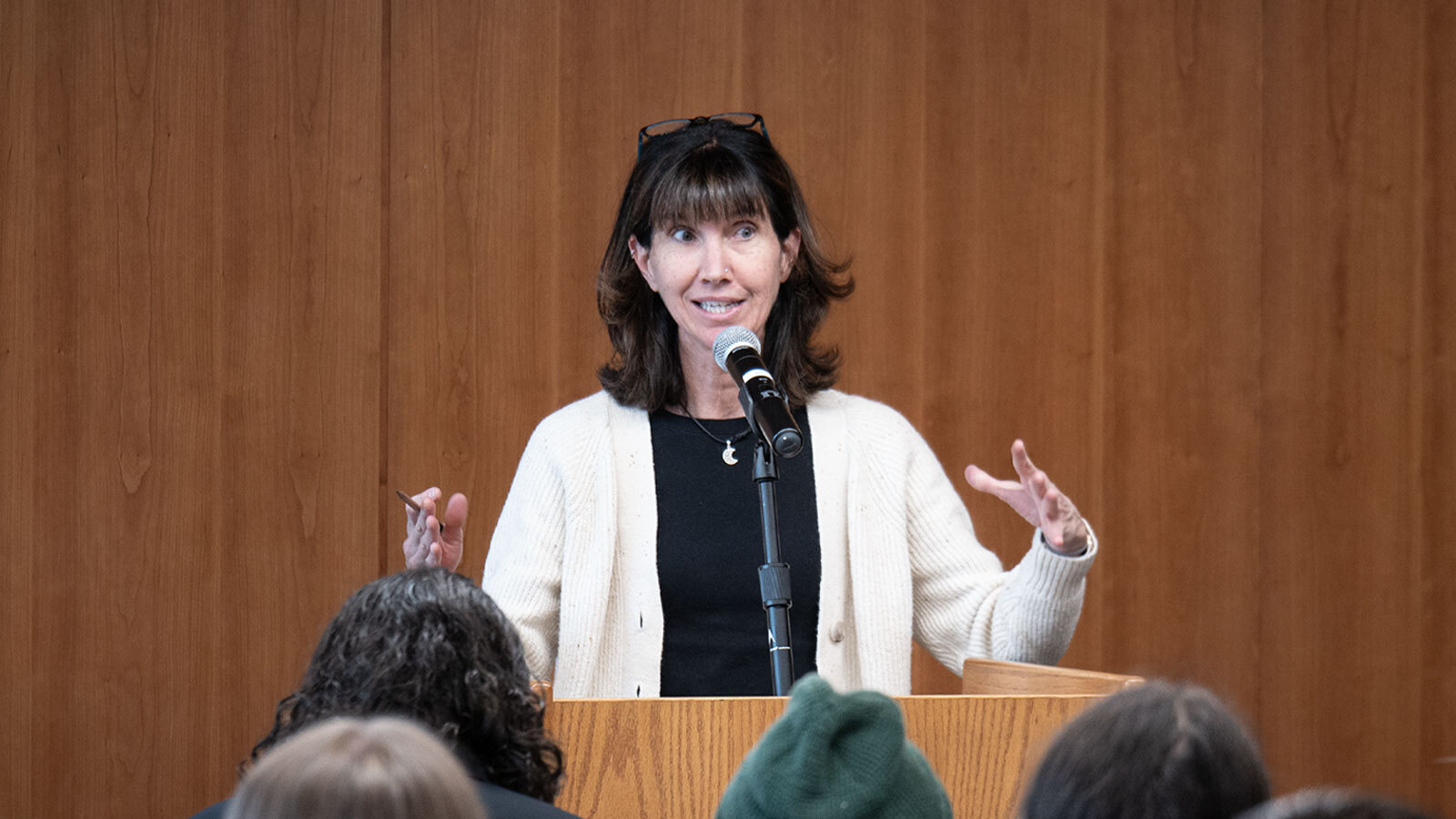Series Explores Faculty Research in CHaSS
To help elevate the faculty who have authored books, Julia M. Gossard, associate dean of research in the College of Humanities and Social Sciences (CHaSS), created CHaSS Book Talks. This series invites faculty with recent publications to share their resea...




